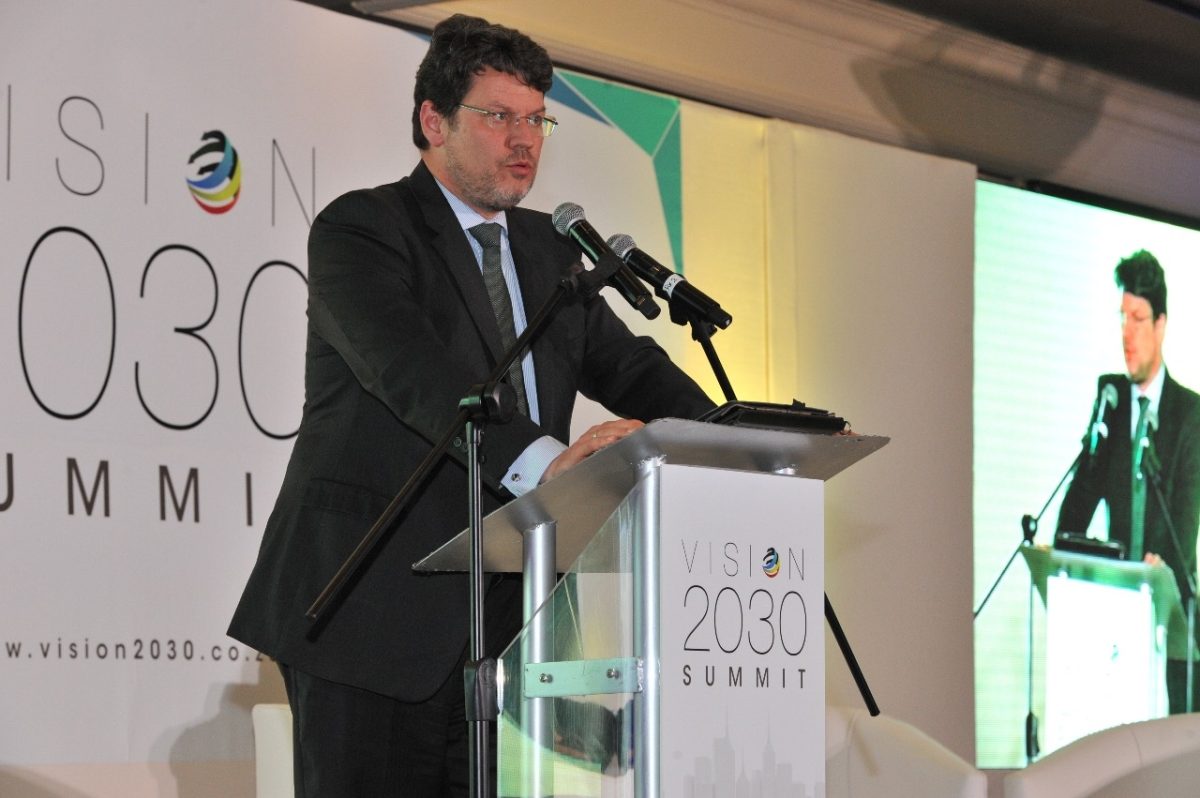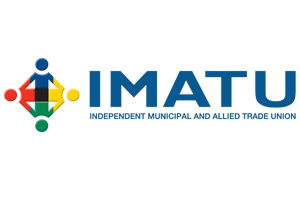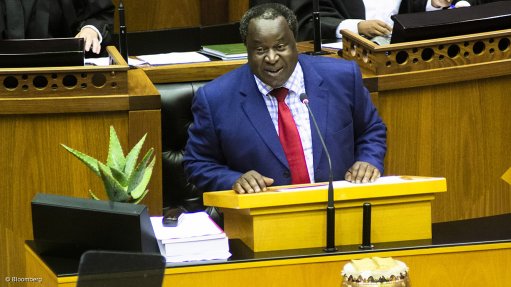

Government is working to ensure that all distressed and dysfunctional municipalities have access to a district support team by December this year, says Cooperative Governance and Traditional Affairs Deputy Minister Andries Nel. Speaking at the Vision 2030 Summit, in Johannesburg, on Wednesday, he highlighted that 87 South African municipalities are currently in distress.
Nel explained that the Department of Cooperative Governance and Traditional Affairs has deployed district support teams, comprising engineers, construction and project managers, financial accountants, town and regional planners and government and administration experts, to assist municipalities. Such teams, he noted, have so far been deployed to 55 of the country’s most distressed and dysfunctional municipalities.
Nel said: “We are reaching out to academia, professionals and businesses to hear about their experiences with those municipalities, so that they can come in and assist”. Further, Nel noted that to address the problems facing these municipalities, the department has initiated an intensive recovery programme focused on government service delivery.
The key failure in local government is the inability of municipalities to adequately spend funds on basic infrastructure. While 226 municipalities currently receive municipal infrastructure grants, only 55 have a qualified engineer.
Nel noted that, since the 2012 financial year, R3.4-billion of the municipal infrastructure grants had been reallocated from underspending municipalities to those who were able to spend the funds. To overcome this, Nel said the department has engaged with a number of municipal organisations to assist it in ensuring that municipalities have the required skills to function optimally.
Using the skills shortage to empower the youth, the department’s Municipal Infrastructure Support Agent (Misa) is involved with a number of programmes to upskill the youth. Misa’s skills development efforts include an apprenticeship programme to train artisans to operate and maintainmunicipal infrastructure and a young graduate programme so graduates can receive the necessary training to assist in municipal infrastructure delivery.
“We’re exploring partnerships in tertiary institutions to roll out our young graduates programme so that we can effectively address the skills shortage in municipalities,” said Nel. The National Development Plan (NDP) envisages that more South Africans should live closer to their places of work by 2030, and that the transport used should be safe, reliable and energy efficient.
This, Nel stated, requires five things – strong measures to prevent further development of housing in marginal places; increased urban densities to support public transport; more reliable and affordable public transport and better coordination between the various modes of transport; incentives and programmes to shift investment towards dense townships; and focused partnerships with the private sector to bridge the rising gap housing market.
The successful implementation of the NDP requires strong leadership from government, business, labour and civil society, said Nel, adding that South Africa needs society to work together towards a common purpose.
More news
- CELEBRATING EXCELLENCE IN THE RESIDENTIAL PROPERTY SECTOR
- PART 4: GIBS PANEL DISCUSSES INTEMEDIATE CITIES ROLE IN AFRICA’S DEVELOPMENT
- EXPOSED AGGREGATE PAVERS COMPLEMENT NEW LIFESTYLE CENTRE
- GIBS PANEL EXPLORES ROLE OF INTERMEDIATE CITIES IN SA’S DEVELOPMENT PART 3
- CITI-CON’S CONCRETE KNOWLEDGE SUCCESSFULLY DEPLOYED ON NEW LANDMARK DEVELOPMENT





